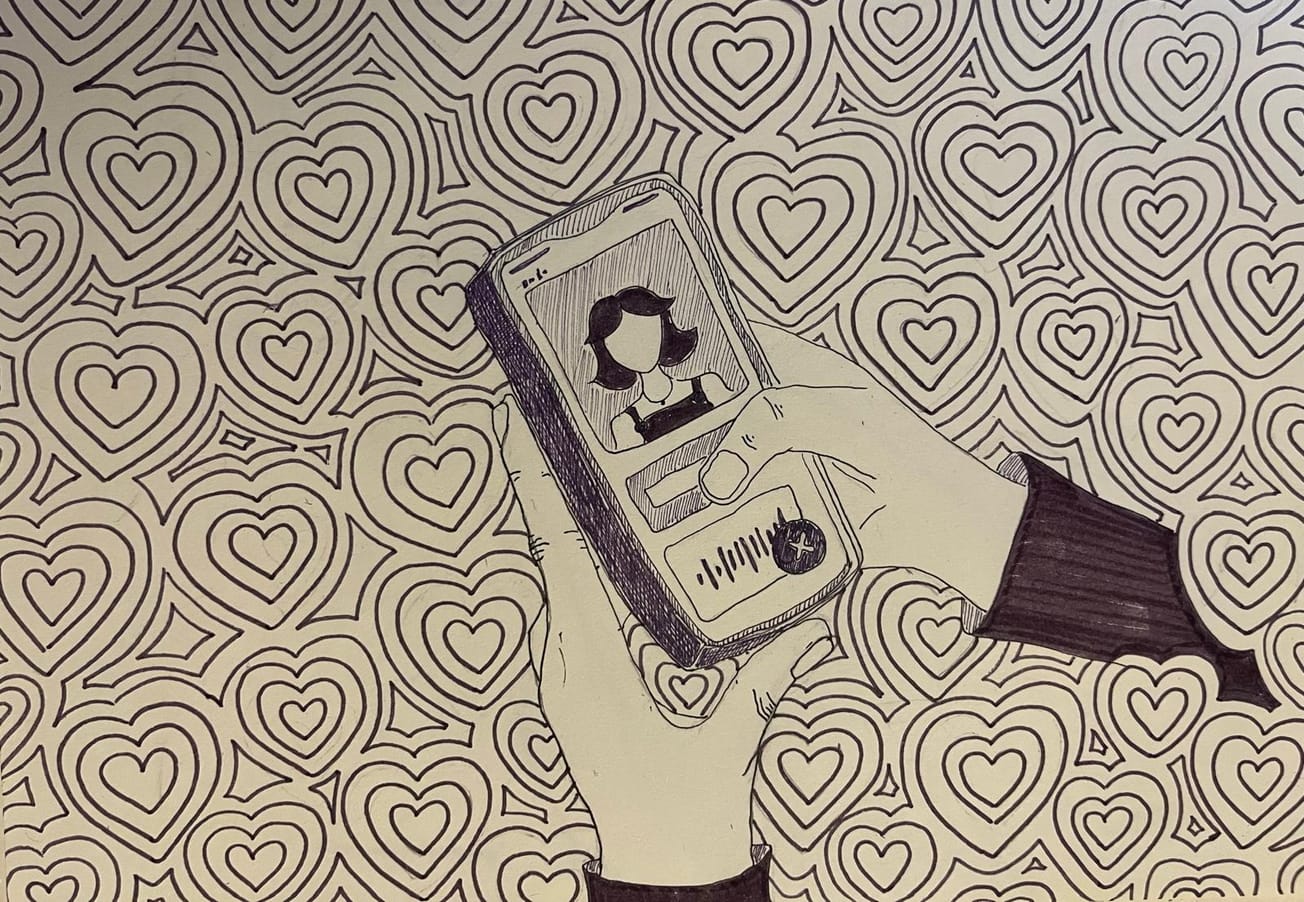By Avalon Vowles, Third Year Theatre and Performance Studies
THE CROFT/ The word music is derived from the Greek expression ‘Mousike Techne’,meaning ‘Art of the Muses’. When we make reference to the ‘the arts and sciences’ in modern society, everything under that umbrella comes from the artistic and academic aspirations of the Muses.
In the mind of mythology, the Muses have inspired the entire human experience of creativity and have been nourishing philosophers, scientists, artists, and musicians since Pegasus warmed the ground with his hooves at the foot of Mount Olympus. When the elders of Crotona questioned Pythagoras’ wealth of wisdom, he first recommended they build a temple that homages the Muses. Pythagoras maintained that the planets and all heavenly bodies were operating on a foundation of notes of reverberation, established on orbit and distance. He stated that humans exist without the capacity to hear the music of these spheres.
In correlation with the ‘cosmos’, this inspiration from the Muses of all things artistic, highlights the interconnectedness, complexity, and beauty between the earth and music. In this article, I intend to elaborate on the relationship between music, our planet, and beyond and how they have always co-existed harmoniously. Music is and forever will be universal and timeless; it functions as an alchemical matrimony between the heart and the mind. Outstretching a hand to the inner soul, music is intrinsically linked to a higher quality of well-being.

Soundscapes and everyday ambience, or noises that aren’t typically classed as ‘music’, also contribute to the ongoing score of the universe. Arguably, music began with animals. Whale and bird song has permeated the earth ever since they have inhabited the natural world. It has been documented that shamans and hunters, from a myriad of traditional cultures, embraced and emulated animal sounds into their songs. Animal vocalisation is the bedrock of music as we know it today. Regarding rhythm, we aren’t the sole species to comprehend the intricacy of it.
Specific insects, such as bush crickets, can beat and vibrate at a fixed
pace, participating in their own cosmic chorus. To align with Pythagoras’
theory, there is a tempo to life that exists within and without us. It
accentuates our earth's sheer beauty and complexity and the space that
vibrates around it.

From the pulse of the cricket to the modern-day drum machine, rhythm has always been an essential component of life. When you begin to dance or listen to your favourite song, your body feeds this positive effect back to your brain. Our own phenomenological experience of music can immerse us in our emotions, for there is always a song to match the mood. This clarity and release we gain from music is invaluable: a distraction from the complexity of existing, an underscore to life’s grievances and triumphs. Music also provokes our memory, and it's powerful to realise that the same song can have an abundance of meanings and associations for individuals all over the world. When I think of the word ‘cosmos’ within the realm of music, it feels necessary to mention the psychedelic-enthused air of 1960s counterculture. The creative process of many artists has come from a basis of experimentation and existentialist search. Scouring the universe for wider answers, some of the most evocative and revolutionary songs have come from hallucinogenic explorations of life’s inner complexities.
Music has made a vital contribution to psychedelic therapy, facilitating constructive outcomes in the exploration of the mind and nature around us. Music catalyses mystic and complex thoughts – for when we look up at the night sky, we observe the same moon that Pythagoras and all those musicians and animals have done before us.
Featured Image: Leila Sparks
Have you ever thought about music in this way? How does it affect your everyday life?









